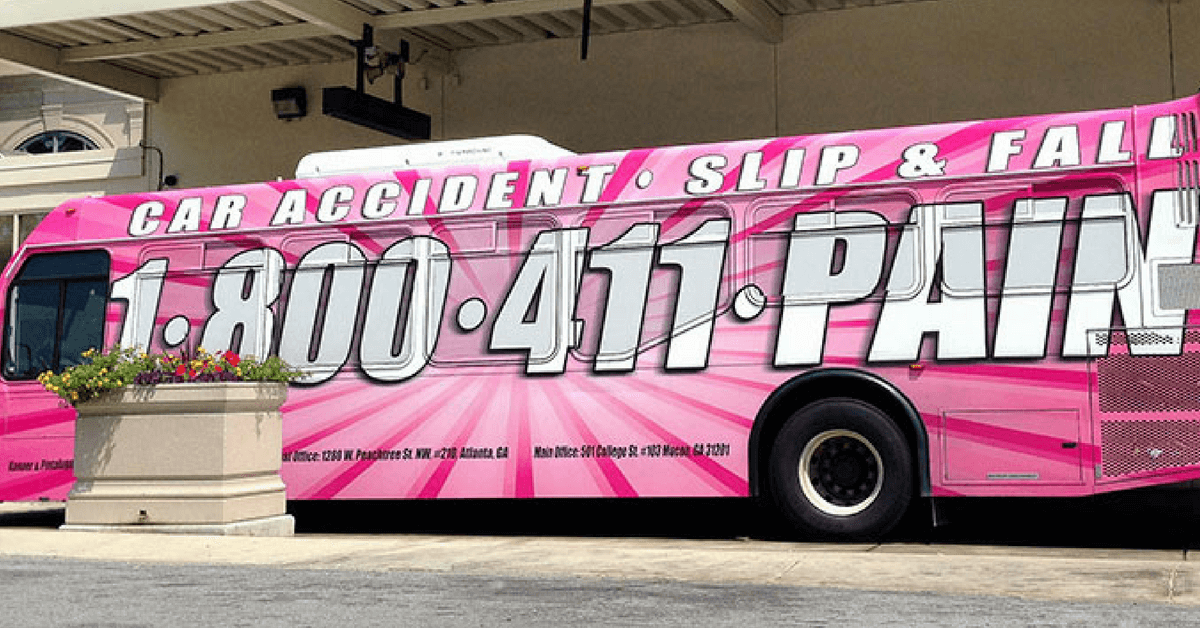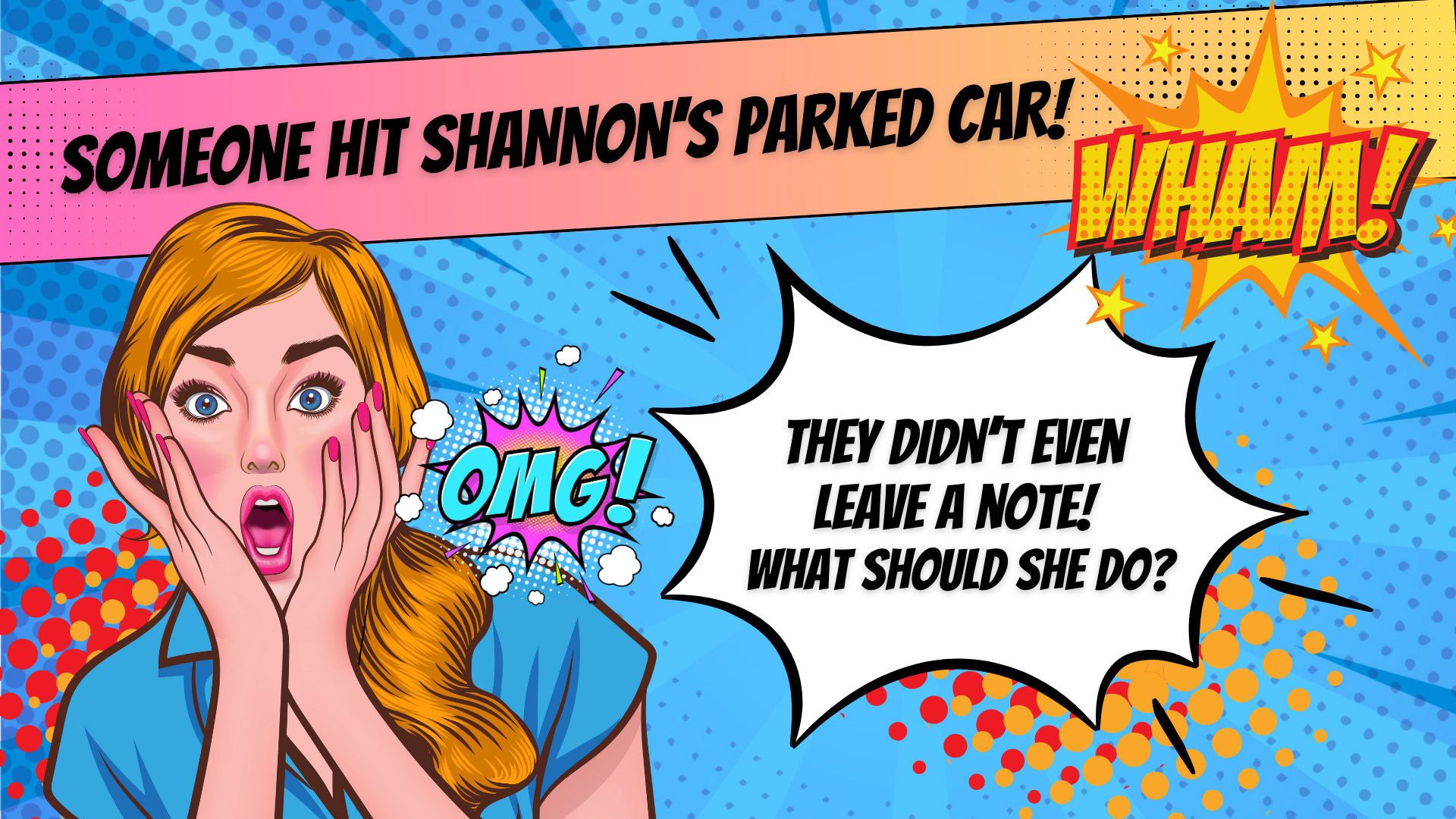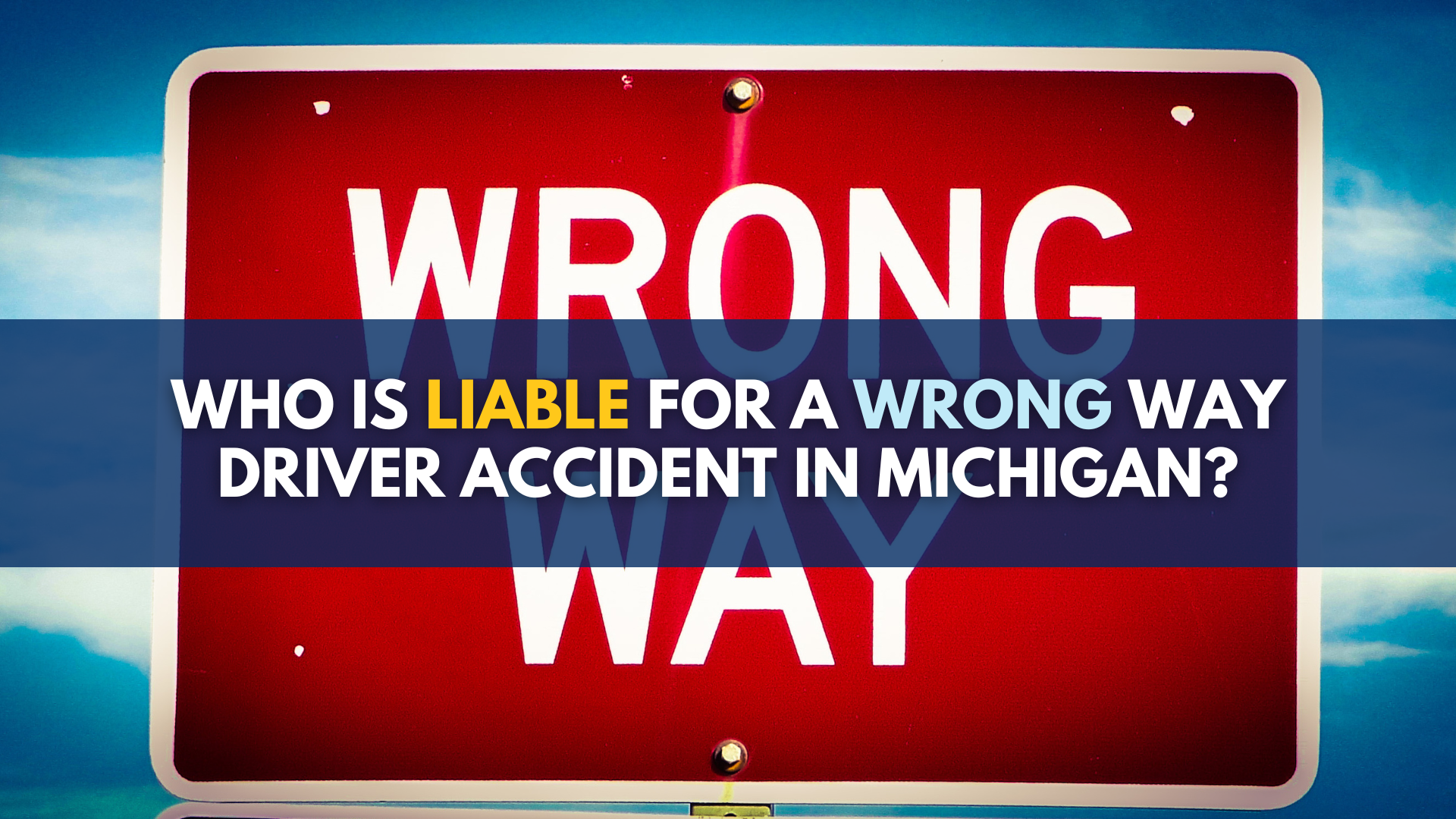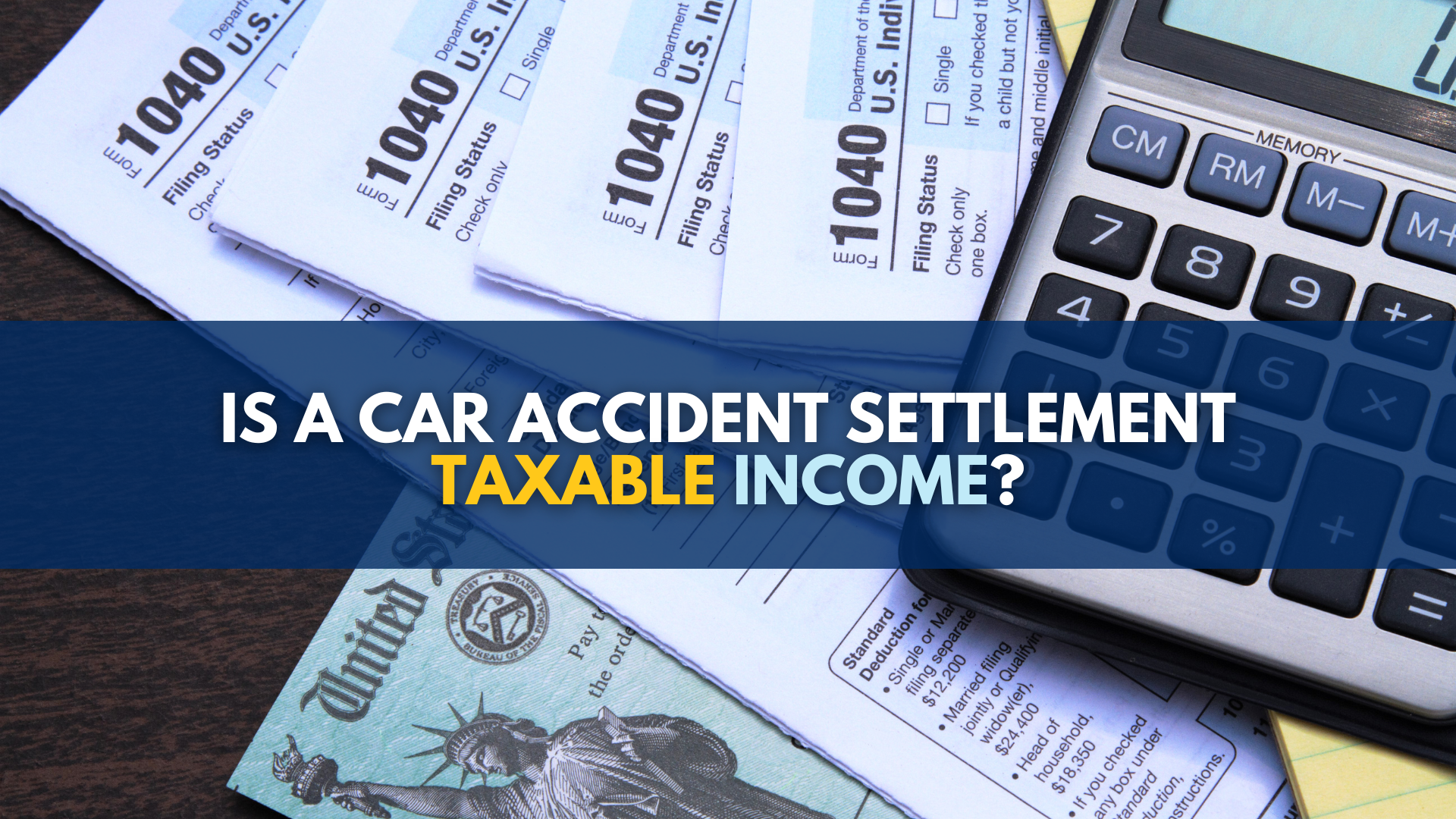Studies show the poor are more likely to choose a lawyer based on legal advertising; here are some very real and tragic examples of what happens next

My series on the good and bad of injury lawyer legal advertising has tended to take on the ugly side of how some law firm “mills” are using the practice to engage in illegal insurance PIP fraud.
Connected to these practices is how many unscrupulous personal injury lawyers specifically target the poor and racial minorities.
This isn’t going on behind closed doors.
There are real examples of this shameful legal advertising that we will review below.
Studies on lawyer advertising show that demographic and cultural factors have a significant impact on the way people may choose attorneys. This has led many lawyers who advertise in my own field of auto accident injury to specifically target certain types of people for their advertising. I wrote about this in my first blog post kicking off this series.
What reasons do people have for choosing an injury lawyer based on advertising?
A study designed to determine consumers’ attitudes on legal advertising and whether occupation, income, or education affected those attitudes, offered an eye-opening view into why people of certain demographics choose lawyers:
- When the study was divided into groups based on income levels, 61% of the low-income groups agreed with the statement that advertising makes the public more aware of lawyer qualifications.
- And 65.3% of the non-White group agreed with the statement that the public would be provided useful information by legal advertising — more strongly than the White group.
- Among the nonprofessionals polled in the study, 45.7% agreed that advertising would help accident victims make smarter choices when choosing attorneys.
- The high-income respondents were more likely to be suspicious of lawyers than the poor, non-White and blue-collar respondents. (Source: Services Marketing Quarterly, “An Empirical Analysis of the Public’s Attitude Toward Legal Services Advertising”)
On a similar note, another study stated that in a survey conducted for the American Bar Association, it was African American or Hispanic women with an annual income of less than $20,000 who had the most favorable opinion of attorneys (Source: Journal of Popular Culture, “Have you Been Injured? The Current State of Personal Injury Lawyers’ Advertising”).
Yet another study on the propensities of various demographic groups to use legal advertising found that those with an annual family income between $15,000 and $19,999 are indeed, likely to use it in their search for lawyers (Source: Journal of Advertising Research, “Attorney Advertising… Target Market and User Appeals”).
In all, you can see this large group of studies concluded that that legal advertising is most likely to attract clients of lower income and education and those who are members of minority groups.
So how exactly are Detroit injury lawyers using this information to target poor people and racial minorities who have been injured in car accidents?
As legal advertising has been found to appeal most to car accident injury victims of lower socioeconomic status and to racial minorities, it’s important to note the ways in which personal injury lawyers, armed with this information, target these demographics.
The part I want to focus on is what happens next: How the poor are often negatively affected by this type of legal advertising.
You see these different types of lawyer advertising very clearly if you drive down a busy road in Detroit or on your way to the airport. Or when you watch television in the late mornings and early afternoons.
Many attorneys specifically target low-income groups. For instance, one California law firm founder called himself the “People’s Lawyer” and, in his advertisements, tried “to appeal to folks who may not be upward-income individuals.” Another Louisiana law firm founder stated that his ads targeted the “working class” and people who are at home during the day. (Source: The American University Journal of Gender, Social Policy & the Law, “Legal Access and Attorney Advertising”).
In Michigan, you can see the 411-PAIN billboards plastered all over the highways in Detroit. And to add insult to injury (no pun intended), these so-called Metro Detroit attorneys aren’t who they say they are. Here’s a blog I wrote about these attorneys, and what happened in their home state (Florida).
The very dangerous consequences that often follow when a targeted group chooses a lawyer solely based on advertising or ambulance chasing
What are these dangerous consequences?
I discussed the extreme vulnerability of accident victims who hire an injury lawyer based solely on advertising or by ambulance chasing in my previous blog post series on how to hire a truly competent lawyer to protect you and your family after a car accident.
Many of these car accident victims also don’t understand the American legal system, the workings of a tort lawsuit for pain and suffering, their own legal rights and options, and the consequences of hiring an under-qualified auto accident lawyer who does not specialize in the specific field of law related to the accidents they were in or the injuries they sustained.
For instance, if an accident victim hires an under-qualified personal injury lawyer, the chances of that attorney settling the case for less than the true value — or taking the case to trial and getting thrown out of court — are far higher. Most of these attorneys are making the bulk of their money on PIP – and PIP fraud. This means less or no compensation in the form of an injury settlement or jury verdict for the auto accident victims. And because so many of these cases are now being disposed of thanks to cases like Bahri v. IDS that allow insurance companies to recklessly allege nearly anyone committing fraud, it also means many of these auto accident victims will need the best settlement possible to cover their medical care.
What the contingency fee system was designed to do was to allow more fair access to highly qualified attorneys for low income individuals. But what is happening more and more often in Metro Detroit is that the contingency fee system has allowed a system of provider litigation and provider lawsuits clogging our courts and quick settlements on PIP medical bills for attorneys who are financially incentivized to sign up as many people as possible.
So next time you drive by a lawyer billboard or take in nonstop attorney commercials while eating lunch if you’re lounging at home on a weekday, think twice. Think about who those commercials are really intended for, and some of the things that are driving this type of advertising behind the billboards, commercials and bus wraps.
Next, I’ll continue this topic with my blog post on “Legal advertising and the poor: Does the contingency fee system really level the playing field?”
Related info:
Uninsured drivers in Detroit: How this has become a civil rights issue


